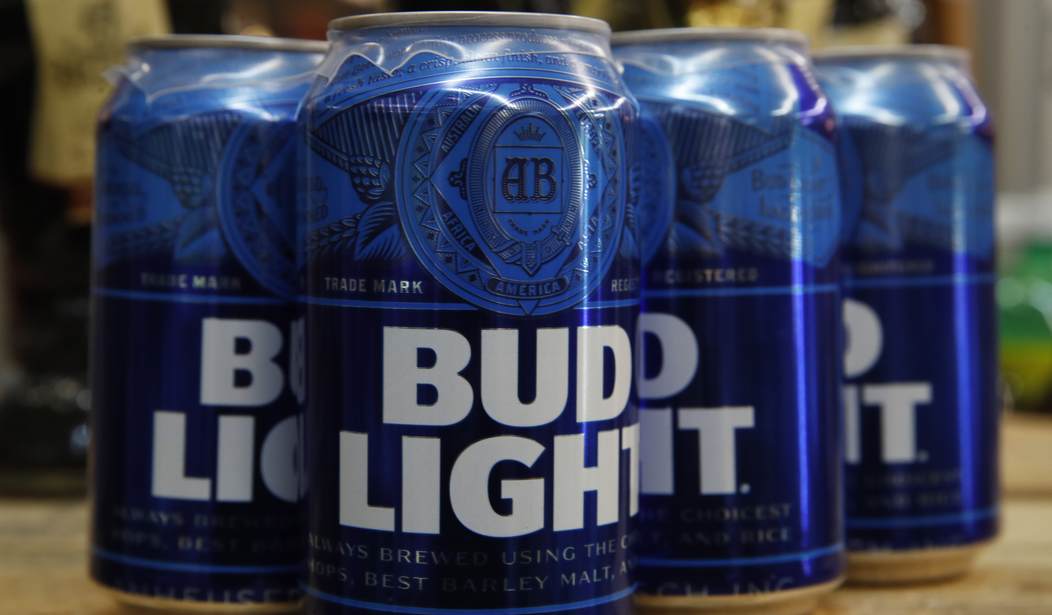For years, we’ve seen both the right and the left launch boycotts, typically without great success. Promised boycotts of the state of Georgia failed to prevent the passage of the 2019 heartbeat bill or the 2021 election integrity law. The boycott of Nike after partnering with Colin Kaepernick didn’t seem to hurt the company significantly. Chick-fil-A saw sales increase despite calls for a boycott after the CEO spoke out against same-sex marriage. Target didn’t experience much hurt in sales after it announced its policy to allow people to use whichever bathroom they want.
Boycotts are generally considered ineffective for a range of reasons. It’s not always possible to vote with your wallet when viable alternatives are unavailable, and while some people may want to boycott a company over a political issue, others may be more inclined to support it as a result.
Yet, surprisingly, the boycott of Anheuser-Busch and Bud Light has been remarkably effective in the wake of its ill-advised partnership with Dylan Mulvaney, a TikTok influencer who pretends to be a girl despite being a man. The boycott led to a sharp decline in demand for Bud Light, causing the company’s value to drop by over $6 billion.
Recent sales figures indicate that Bud Light is still feeling the effects of the backlash over its controversial partnership with Mulvaney. According to Beer Business Daily, off-premise sales volume, which refers to beer sold outside of restaurants and bars, declined by 26.1% from the previous year in the week that ended on April 22. This was even worse than the 21.1% drop observed in the preceding week. Overall for the year, sales have fallen by 8%. “The shocking deterioration of Bud Light Blue’s market share continued apace through the third week of April – and actually somehow worsened. We’ve never seen such a dramatic shift in national share in such a short period of time,” Beer Business Daily explains.
Also for our VIPs: Why the Bud Light Backlash Is Never Going Away
In 2022, Anheuser-Busch sold over $4.8 billion worth of Bud Light in stores, significantly surpassing Modelo Especial ($3.75 billion) and Michelob Ultra ($3.3 billion). However, it seems that Bud Light’s reign at the top may soon come to an end. While the brand is losing sales, competitors are seeing their sales increase. Bump Williams, CEO of Bump Williams Consulting, warns that if Anheuser-Busch cannot reverse this trend, particularly with the upcoming summer season, “then Bud Light is in serious trouble this year. And I think it runs the risk of losing that No. 1 position at the end of calendar year 2023 to Modelo Especial.”
David Steinman, vice president and executive editor at Beer Marketer’s Insights, believes Anheuser-Busch is facing criticism from both sides. The conservatives are unhappy about the partnership with Mulvaney, while the left is disappointed that the company appears to have backtracked. This backlash is costing Anheuser-Busch millions of dollars daily and doesn’t show signs of slowing down yet. One obvious lesson here is that companies need to understand their customers and avoid alienating them by embracing controversial issues. But perhaps the other lesson here is that conservative Americans do have power and influence and should not cede the culture wars to the radical left.

